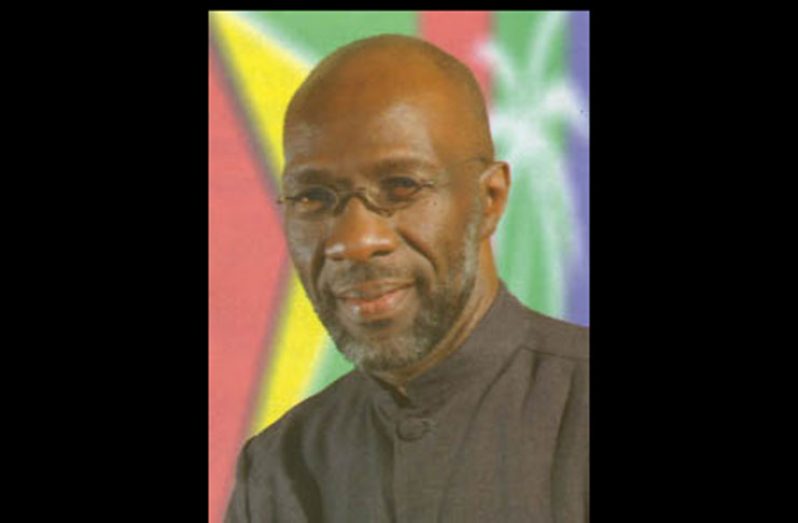THE Ministry of Education will soon commence an investigation into the alleged existence of “ghost teachers” purporting to be in the system and collecting money under false pretence.
This is according to Technical Advisor to the Education Minister, Vincent Alexander. Alexander said the Chief Education Officer Marcel Hutson is currently out of the country and as soon as he returns the investigation will commence.
During the handing over of the preliminary report of the Commission of Inquiry (CoI) into the state of the education system last week, Chairman Ed Caesar pointed out a case of alleged financial impropriety in the Berbice River, where “ghost teachers” have turned up.
The inquiry also found that teachers were being transferred from non-existent schools to another, raising general concerns about administrative structures that can be taken advantage of in some outlying locations. The Guyana Chronicle has learnt however that the matter may not be as complicated or as criminal as it seems, since answers are already coming out of checks being made ahead of the investigation.
The newspaper was told that information on the “ghost teacher” case revealed that a certain degree of authority is delegated to the region’s Education District Office, where they move teachers around based on where they are required. Even to perform clerical duties a teacher could be asked to work in that area at the education office, even though they are on the payroll as teachers.
“So if you go to a school and ask for this person, you may be told that they do not work there.” It was noted however that the ministry’s records would show who works with the system, so even if a teacher is at the district office, but on a school’s payroll, the verifications could be made. In the area of teachers being transferred from non-existent schools, initial information is that there is a case where a school was in such bad shape that classes were moved and are now being conducted in another location, which is not officially recorded with the ministry, and thus appears to be fictitious.
During the handing over of the report, the chairman had stressed the need to improve the conditions under which children were being taught. He explained that certain locations, particularly in hinterland areas, schools were poorly built, with poor ventilation, cluttered spaces and other hazards.
Caesar called for the ministry to develop a particular section that is responsible for school designs, since first-hand experience saw the commission reporting the discomfort under which children are educated. Caesar said too that enough attention is not being paid to those who are challenged, since interactions with organisations for differently abled persons show that their members still find difficulty in accessing schools, because they are not accommodating their special needs.
Added to this, Caesar warned the ministry to engage stakeholders in finding locations to construct schools. Inquiries revealed that in the Berbice River, for example, schools were constructed with as much as, “five and eight and 10 students,” currently attending. Caesar said the CoI found buildings constructed and schools relocated but not gazetted. He said payrolls are then paid out in the names of those schools that do not really exist.
The chairman advised the government to also look into a school repair and rehabilitation committee to ensure regular maintenance and efficiency of school resources.
The chairman warned the government to be prudent in these regards to ensure efficient infrastructure in the school system.




.jpg)










